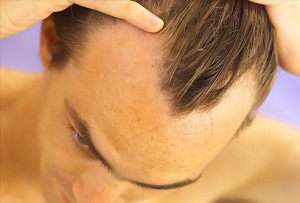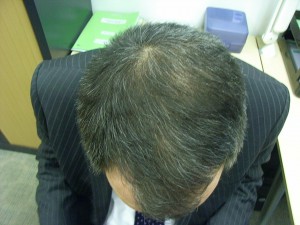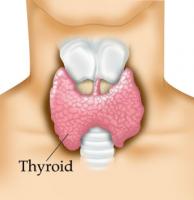What to do about hair loss by Dr Miriam Stoppard
27.01.2011 in HAIR LOSS HEALTH NEWS Dr Miriam Stoppard, Daily Mirror 27/01/2011
Dr Miriam Stoppard, Daily Mirror 27/01/2011
One in four men go a bit thin on top in their 20s. If you’re one of them, it can be an embarrassing issue.
You may even be considering a treatment for male pattern baldness.
They range from camouflage sprays and drugs to full unit extraction, which involves the painful transplant of single hair follicles to your bald patch and costs anything from £7,000 to £10,000.
A number of celebrities have talked openly of their angst about hair loss, such as John Cleese and cricketers Shane Warne and Graham Gooch.
Actor James Nesbitt (above) had a transplant and said: “It’s changed my life. It’s horrible going bald. Anyone who says it isn’t is lying.”
Whatever stage you are at and whether you are someone who’s open about it or wants to run away and hide, there is good news.
It isn’t that you have lost all your hair follicles from your shiny pate – you have as many hair follicles as the guys with a full head of hair. They have simply gone to sleep.
Scientists think they have found a way of waking up the hair follicles. Wonder of wonders, they’re going to do it through tickling up follicle stem cells to change into progenitor cells, and these could start their hair growing again.
Research reported in the Journal of Clinical Investigation has found that it is possible to switch on genes that will coax stem cells into forming new hair follicles.
We could actually be quite close to identifying treatments that could be topically applied to the scalp to convert stem cells into progenitor cells, which would make large areas of normal hair.
So while you’re waiting for a solution, why don’t you take a leaf out of the book of chef Heston Blumenthal and comedian Harry Hill, and just chill?
Do you have Hair Loss Problems, read our Hair Loss Help












